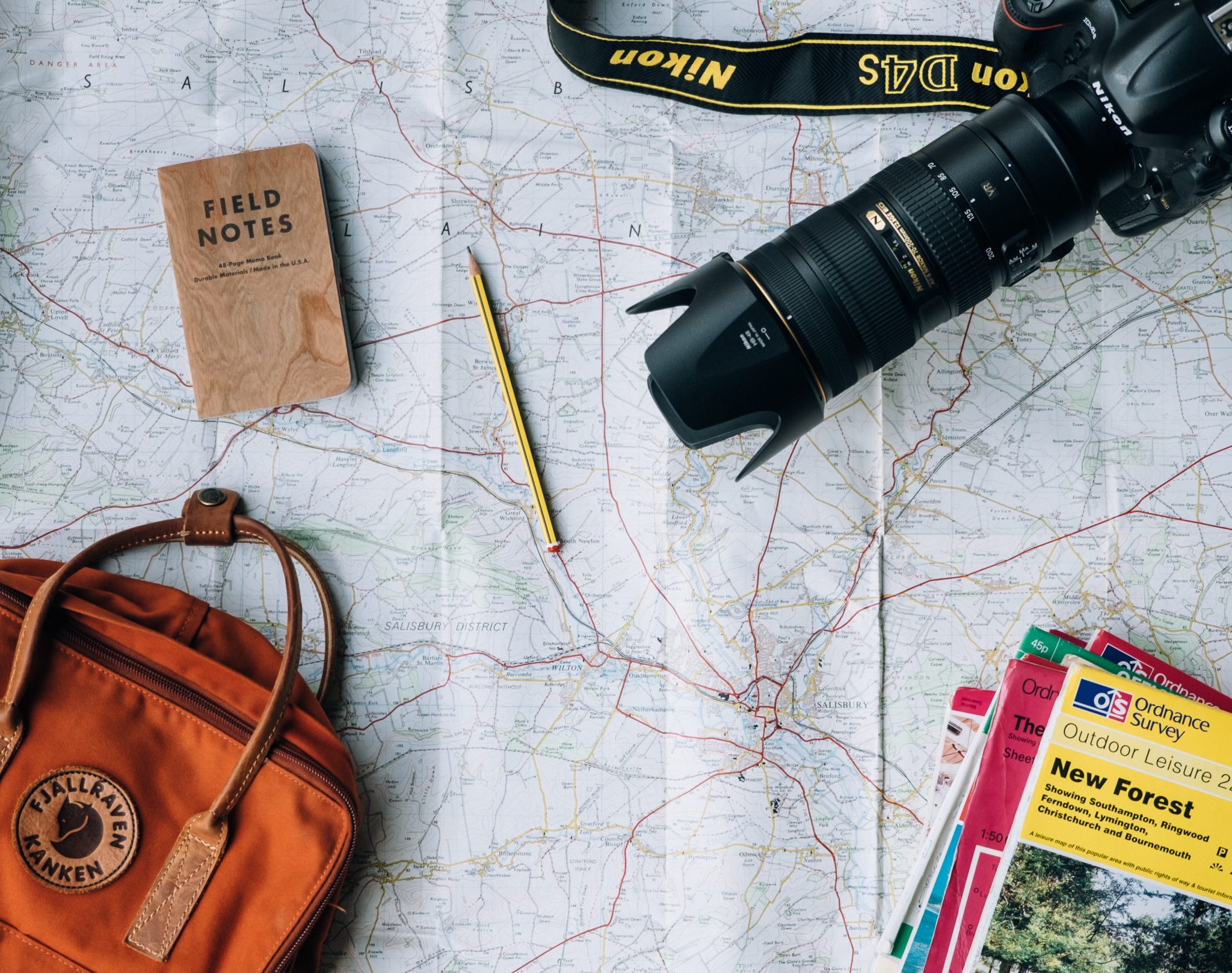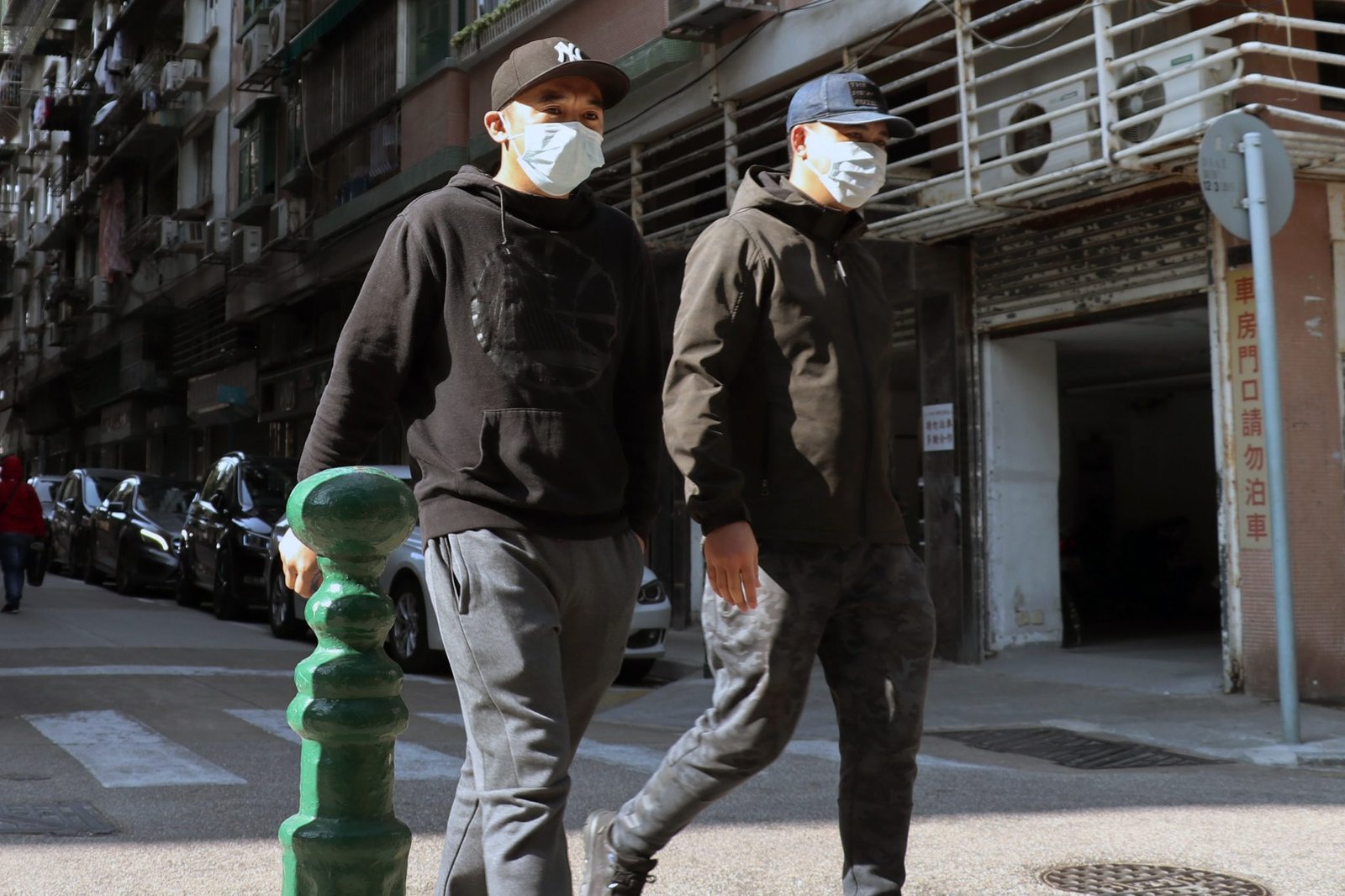
7 Useful Phrases You Should Learn Before Visiting A New Country
Are you traveling to a new country where English is not the first language?
Then you have to familiarize yourself with the basic aspects of the language in the host country to make your tour bearable. For instance, you can learn the phrases and questions that you can use to get the necessities.
Knowing the basic language will facilitate your learning of the native language and accomplish your traveling goals without much struggle.

Without further ado, here are seven useful phrases you should learn before visiting a new country. Check them out.
1. Transit Phrases
Right from your local airport, you will encounter agents from the destination country who can’t speak your language. Moreover, you may also find it challenging to communicate with the local service providers like taxis drivers, peddlers, and buses on arrival to the destination country. It is thus essential to have some knowledge of all language phrases you may require during the transit.
To avoid forgetting some words, prepare a list containing all your destinations’ contact addresses in the local language. Also include phrases such as turn, right, left, turn around, go straight, how long (duration)? I come from; I am going to, how far? Where is the bus station? And their possible answers in the native language.

2. Health and Wellness Phrases
If you have a chronic illness, you should be well-versed with the language phrases that can clearly define your condition and the medications you usually use. Suppose you don’t have any chronic disease. In that case, you still need to be armed with language aspects that may help you keep healthy, like accessing a medical facility and upholding high hygienic standards. However, some foreign languages may be challenging to understand their grammar, pronunciation, writing, and even vocabulary.
Experts from https://livefluent.com/best-programs-to-learn-japanese-the-top-5/ suggest that one should get some training to understand the above language aspects well. If you can’t access the training due to time constraints, ensure you have a list of phrases like where can I get the pharmacy? I feel pain on (body part), I am allergic to…where can I get (sanitary pads, probiotics, eyeglasses, sunscreens, how much is (the medical service), among others.
3. Accommodation Phrases
You need a place to rest and mark the day complete. Even if you make some accommodation arrangements before departure, you will need some local phrases to help you locate the specific building and access the amenities inside. Prepare the following accommodation phrases; otherwise, you will learn them the hard way. Where is the toilet, bathroom, swimming pool, bedroom….? Can I throw it in the toilet or trash can…? Where can I get drinking water, beverages…? This is not working, laundry, bedbugs, toilet paper, toilet cleaners, etc. all phrases should be in a foreign language.
4. Dining Phrases
Imagine being in a foreign restaurant where no one speaks English, and you are not conversant with any other foreign language. You are left with only one option; going around the dining hall and pointing to the kind of food or drink you wish to be served.
To avoid this shameful exercise, you need to research different foods offered by hotels and restaurants in your destination country and prepare a list of foods you wish to consume during your stay. The food list should feature native phrases like can I have, can I take, and allergic to. You won’t spend a day hungry with these phrases.

5. Shopping Phrases
During your travel, you will encounter numerous items, some of which may catch your attention. You will need some understanding of the local dialects to help you bargain. Otherwise, you will run short of your budget due to tourist price hiking. The following phrases may help you buy an item at a favorable price: How much? Is there a discount? When do you open/close? Where is the bank? Can I try it? What are the unique features? Is there a discount? Too expensive, I’m not interested and many others.
6. Social Phrases
One way of learning the local language and establishing relationships is learning the native conversation starters like Hello, my name is…, I am from, I am here because…, I don’t understand, sorry, I am studying, slowly please, goodbye, do you speak English? Could we be friends? Do you have a phone charger? During the actual interactions, ensure you have a notebook to include any additional words you learn during the process.

7. Emergency Phrases
You may not predict what will happen during your stay. Sometimes you may encounter awful experiences such as accidents, and security issues, which may call for immediate medical or security attention. Thus, you should keep a list of the country’s emergency number accompanied by Call the police phrases. I am hurt, call the ambulance, need a doctor/hospital, fire, help me, where is (your country) embassy.
Consider all aspects that may affect you during your stay in a foreign country and prepare phrases that will make your stay bearable. We have listed the common terms that may take you through your travel period. However, they are not exclusive. You may use any other positive phrase insights.









Ada
Good advice, in fact I often memorize a few standard phrases before I go on a trip. Also, don’t forget to book your hotel and plan your trip. For example, on my last trip, I found a Bali airport taxi to quickly get to the hotel upon arrival